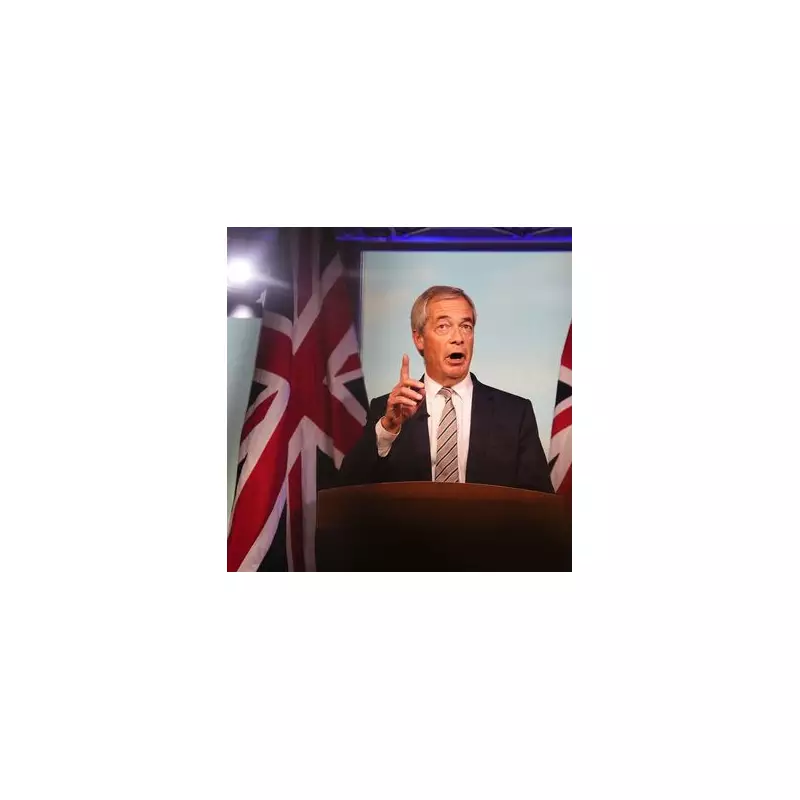
Westminster erupted in dramatic scenes as Nigel Farage's Reform UK party faced astonishing comparisons to 1930s Germany during a heated Commons debate that exposed deep political divisions.
Labour MP Dame Margaret Hodge delivered the explosive comparison, telling Parliament she hadn't witnessed such dangerous rhetoric since studying the rise of fascism in pre-war Germany. The intervention came during a fierce exchange about Reform UK's controversial campaign tactics and policy positions.
Parliamentary Firestorm
The extraordinary comparison sparked immediate backlash from Conservative MPs, with Sir John Hayes defending Reform UK supporters as 'decent, patriotic people' rather than extremists. The clash highlighted the intense emotions surrounding Farage's political comeback and his party's impact on the British political landscape.
Dame Margaret didn't hold back in her condemnation, stating: 'I never thought I would get up in this House and talk about the 1930s in Germany, but that is exactly what came to my mind when I saw the kind of campaign that the Reform party had fought.'
Defence and Counter-Attack
Conservative MPs mounted a vigorous defence of Reform UK voters, arguing they represented legitimate concerns about immigration and national identity rather than extremist views. The debate revealed the ongoing struggle within British politics over how to address the challenges posed by Reform UK's growing influence.
Sir John Hayes countered that dismissing Reform supporters missed the point about genuine public anxieties, stating they were expressing 'authentic, decent concerns of decent, patriotic people who love this country.'
Broader Political Implications
The parliamentary confrontation comes amid ongoing analysis of Reform UK's performance in recent elections and its effect on Conservative party fortunes. The intensity of the exchange underscores how Farage's return to frontline politics has disrupted traditional political allegiances and sparked soul-searching across the political spectrum.
As the debate concluded, it was clear that the comparison to 1930s Germany would continue to resonate through British politics, raising fundamental questions about political discourse and the boundaries of acceptable criticism in a democratic society.





